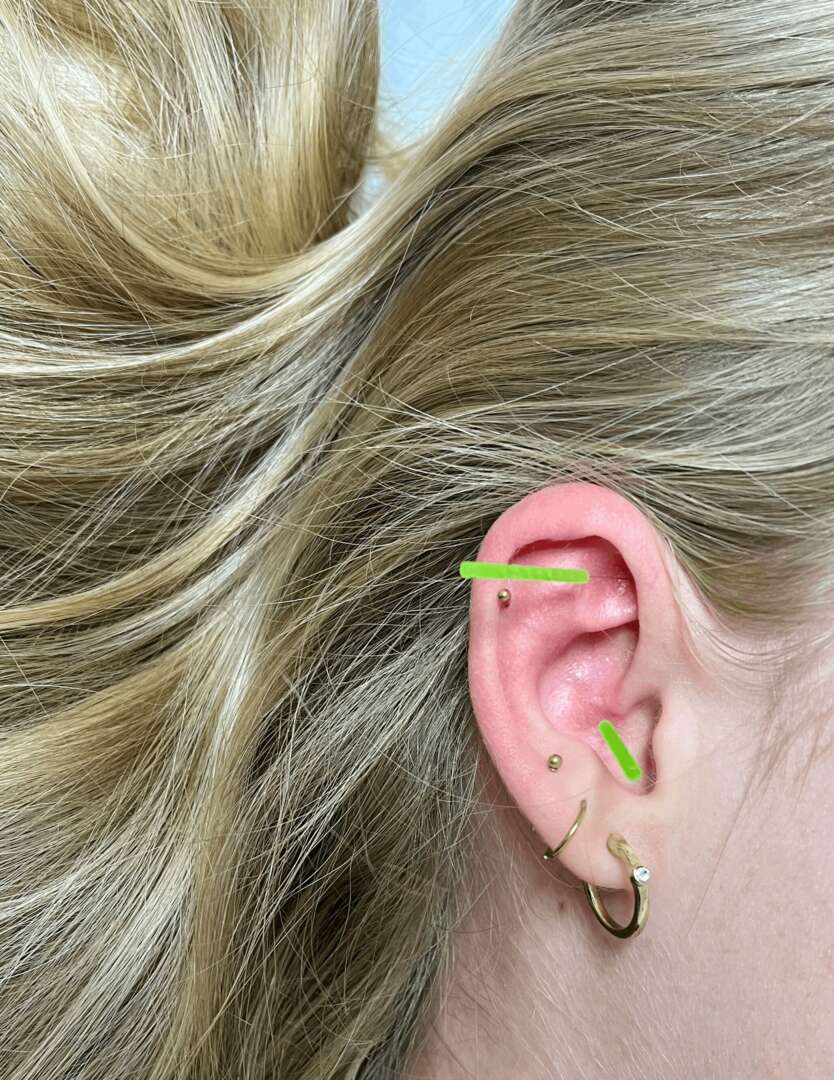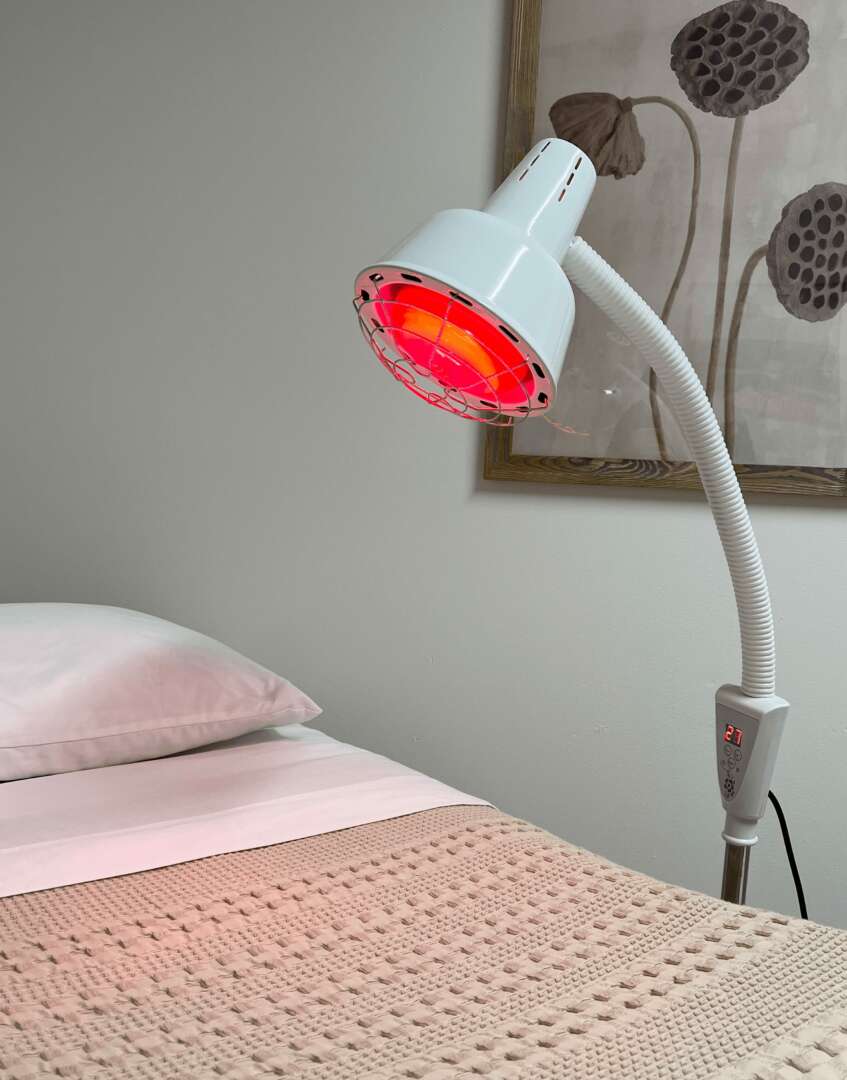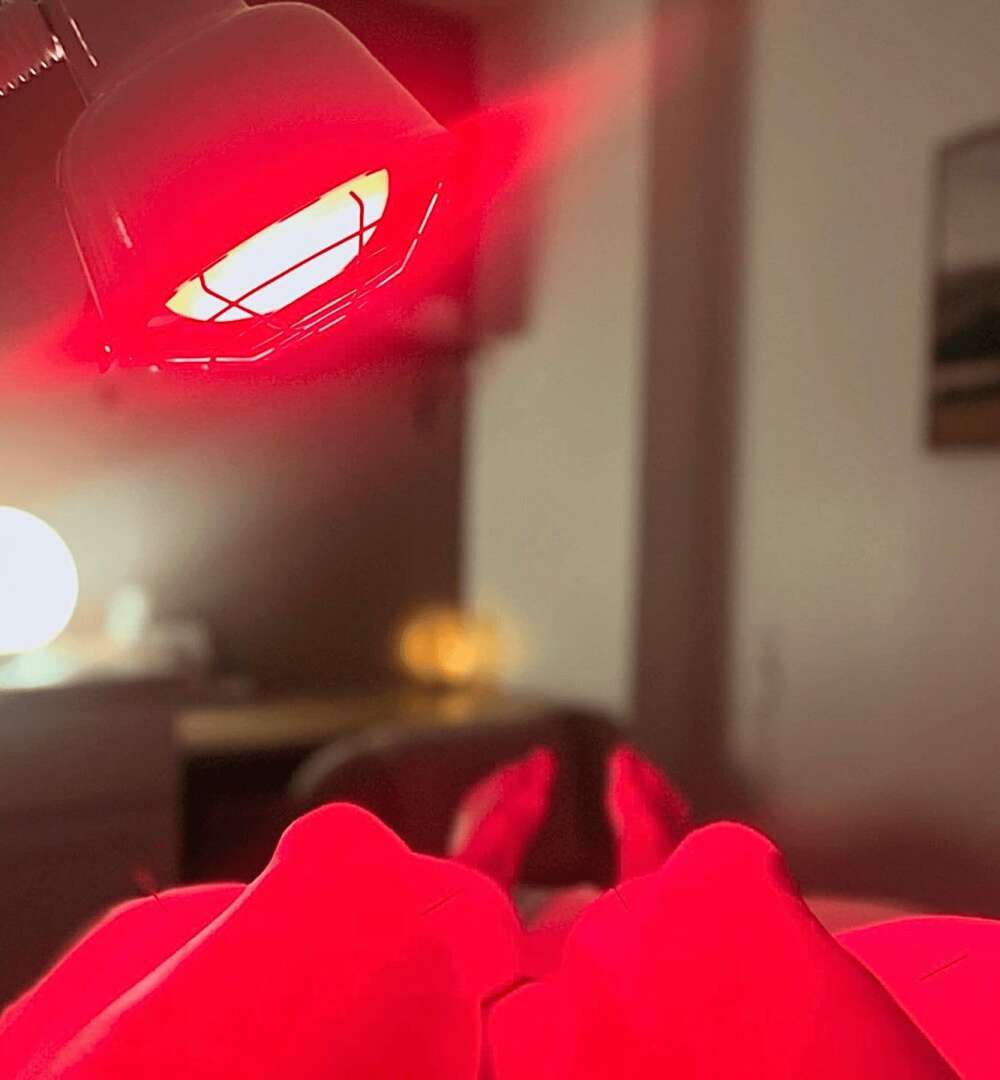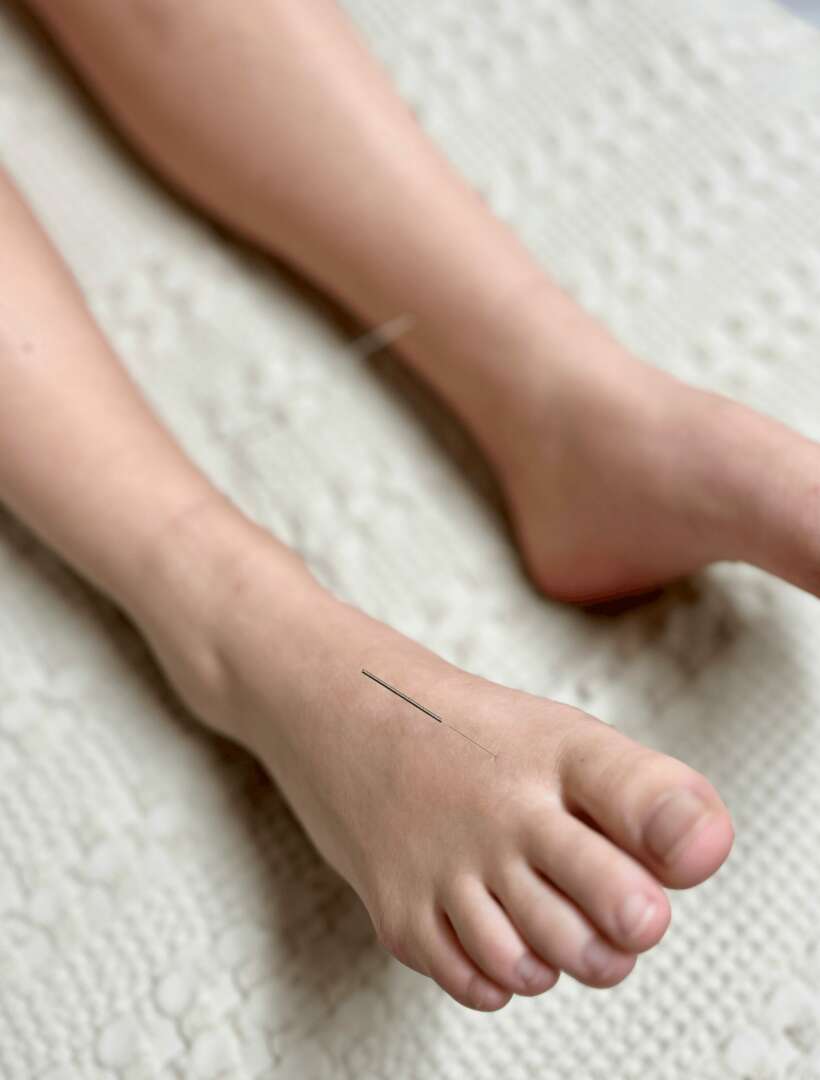We recently connected with Natalie Lesnikowski and have shared our conversation below.
Hi Natalie, thanks for joining us today. We’d love to hear about how you went about setting up your own practice and if you have any advice for professionals who might be considering starting their own?
I started dreaming of my future practice in school. From the beginning, I had a clear vision of what I wanted and who my ideal patient would be. For me, that part was easy. I envisioned an acupuncture practice with a modern aesthetic that could bridge the gaps in our current healthcare system. I saw myself as an additional resource for people striving to be the best versions of themselves, with a niche focus on mental health and women’s health.
After I became licensed, I had to figure out how to put my boss hat on. One of the most challenging parts of becoming an acupuncturist is that no one teaches you how to start a business and make money. And I won’t lie, it’s incredibly hard! Opening a business without guaranteed income requires a lot of courage and patience. Once I established my clinic, my primary focus has been on networking. This has involved everything from leveraging social media to arranging coffee dates and attending networking meetups.
My best piece of advice is to find a mentor. Not only will they guide you through the essentials of owning a business—like structuring your business, bookkeeping, and taxes—but they will also help you build confidence and overcome the inevitable imposter syndrome. My practice is still in its early stages, and with that comes a lot of ebbs and flows. Having a mentor and community has helped me stay focused and grounded on what’s important.

Awesome – so before we get into the rest of our questions, can you briefly introduce yourself to our readers.
My entry into Traditional Chinese Medicine began in a deeply personal way. In 2014, I lost my father to brain cancer. Throughout his hospital stays, treatments, and surgeries, I saw some gaps in his care, particularly in mental health support and nutrition. Watching his struggles lit a fire in me to help others avoid what he went through. It was just a few years later that I enrolled in a Chinese Medicine program, initially hoping to work in oncology.
As I continued through my four-year program, I realized that I connected most with mental health and women’s health. My personal experiences drive my purpose of supporting others on their journey. Having struggled with anxiety and grief, I hold great empathy for those managing their mental health. Now in my clinical practice, I have seen firsthand how TCM can transform lives. I’ve worked with patients dealing with chronic pain, hormonal imbalances, digestive issues, insomnia, and emotional disorders. Each case reinforces my belief that Chinese medicine can improve so many conditions.
As the owner of Aeris Acupuncture, I am most proud of providing a safe space for my patients. My goal is to always lead with kindness and empathy so you leave feeling heard, understood, and empowered. This is a judgement-free zone where we work together to help you achieve your health goals.

If you could go back in time, do you think you would have chosen a different profession or specialty?
The short answer is no. I love what I do. If I could go back and change something in my past, it would be to have become a nurse first. I say this because, while Chinese Medicine is a completely different system with its own language, our healthcare system is predominantly Western. One thing that sets me apart from other acupuncturists is my commitment to staying integrated with mainstream healthcare. Since day one, I have believed that patients achieve the best outcomes when they have access to the most resources. Being a nurse first would have given me a better understanding of Western medical practices and patient care within that system. It would also help me translate the language of Chinese Medicine into terms that Western doctors would understand, making communication better and more effective.

Other than training/knowledge, what do you think is most helpful for succeeding in your field?
Communication is probably the most important part of being an acupuncturist. It is key to building trust and making sure your patients feel heard and valued. We have to be able to communicate effectively to educate patients on their treatment plans, manage their expectations, and give them the encouragement they need. Something you’ll see with new acupuncturists, including myself, is that they will struggle to convey a clear treatment plan out of lack of confidence. Overcoming this challenge is vital for helping patients understand the process and timeline. Ultimately, the better the communication, the better the patient’s health outcomes, and the more successful your practice will be.
Contact Info:
- Website: https://www.aerisacupuncture.com
- Instagram: aeris_acupuncture




